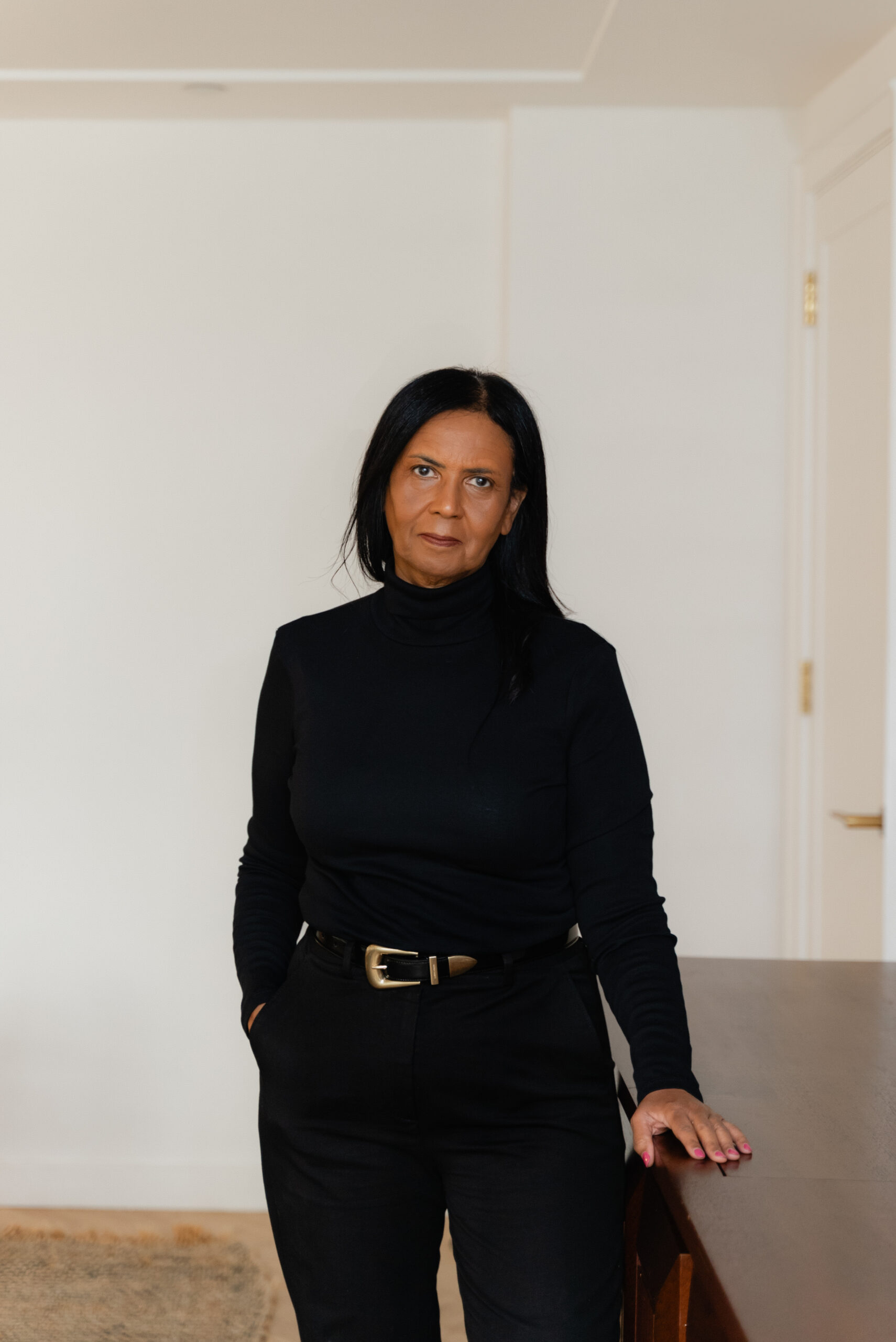ABOUT ME/BIO
Chartered Counselling Psychologist with over 20 years of clinical experience in the UK and UAE. Fully registered with the Health and Care Professions Council (HCPC, UK) and a Chartered Member of the British Psychological Society (BPS). Successfully completed the Community Development Authority (CDA) licensing exam in January 2025. Currently licensed in Dubai under the Dubai Health Authority (DHA) as a Counsellor.
HOW I CAN HELP YOU
Therapy is a space where you are invited to explore your thoughts, emotions, and experiences—without judgement and at your own pace. My approach is grounded in compassion and curiosity. I work integratively, drawing on several evidence-based models including Cognitive Behavioural Therapy (CBT), Eye Movement Desensitisation and Reprocessing (EMDR), and Couples Therapy (Level 3, Gottman Method).
I'm also currently completing specialist training in systems psychodynamic coaching, which means I bring an interest in the wider systems people are part of—whether that's in relationships, families, or the workplace. I often support clients facing anxiety, low mood, relationship difficulties, trauma, grief, or major life changes. At heart, my work is about helping you reconnect—with yourself, with others, and with what really matters
WHY I AM SPECIALIZED IN THIS FIELD
I’ve always been drawn to the complexity of people’s inner worlds—the stories we carry, the roles we inhabit, and the quiet struggles we often navigate alone. I began training in psychology in 1997 and have since worked across a broad range of clinical settings, including crisis teams, psychological medicine, primary care, and employee wellbeing. My career has taken me from the UK’s NHS to senior clinical leadership roles in the UAE, deepening my perspective on human resilience and the many ways distress can manifest across different contexts.
Over time, I’ve developed a particular interest in systems thinking and cross-cultural practice. I believe psychological challenges don’t exist in isolation—they are shaped by the environments we live and work in, by the cultures we are part of, and by the unspoken dynamics within families, organisations, and communities. Understanding these systems—how they support, constrain, or conflict with our inner lives—can be key to meaningful change.
My training in systems psychodynamic coaching has further sharpened this lens. It helps me support clients not just as individuals, but as people embedded in a network of relationships, histories, and expectations. This broader view allows for more compassionate, context-aware therapy that honours the full complexity of who you are.
---
I’ve always been drawn to the complexity of people’s inner worlds—the stories we carry, the roles we inhabit, and the quiet struggles we often navigate alone. I began training in psychology in 1997 and have since worked across a broad range of clinical settings, including crisis teams, psychological medicine, primary care, and employee wellbeing. My career has taken me from the UK’s NHS to senior clinical leadership roles in the UAE, deepening my perspective on human resilience and the many ways distress can manifest across different contexts.
Over time, I’ve developed a particular interest in systems thinking and cross-cultural practice. I believe psychological challenges don’t exist in isolation—they are shaped by the environments we live and work in, by the cultures we are part of, and by the unspoken dynamics within families, organisations, and communities. Understanding these systems—how they support, constrain, or conflict with our inner lives—can be key to meaningful change.
My training in systems psychodynamic coaching has further sharpened this lens. It helps me support clients not just as individuals, but as people embedded in a network of relationships, histories, and expectations. This broader view allows for more compassionate, context-aware therapy that honours the full complexity of who you are.
WHAT I SAY TO PEOPLE WHO FEEL NERVOUS OR HAVE CONCERNS ABOUT THERAPY/ASSESSMENT
It’s okay to feel nervous about starting therapy. You don’t have to have everything figured out. In fact, this might be one of the few places in life where you don’t need to perform, solve, or fix anything. Therapy offers a confidential and non-judgemental space where we work together to better understand what’s troubling you—and what might help.
Sometimes we get caught in the same emotional loops or stories, without realising it. Talking to someone trained to listen can open up new ways of thinking and feeling. Therapy isn’t always easy—real growth often involves challenge—but it can also be incredibly liberating. You don’t have to do it all alone. Why not take the first step? There’s really nothing to lose—and perhaps quite a lot to gain.
WHAT MEASURES I USE IN ASSESSMENTS
As part of the assessment process, I use a range of validated psychometric tools to help us gain a clearer understanding of your emotional wellbeing and specific areas of concern. These measures can provide a useful starting point for therapy, offering insight into patterns of mood, anxiety, and functioning over time.
Depending on your needs, I may use any of the following:
Gottman Relationship Check-Up and Couples Assessment Tools – structured questionnaires exploring relationship strengths and areas of difficulty
PHQ-9 – to assess symptoms and severity of depression
GAD-7 – for screening and monitoring generalised anxiety
CORE-10 / CORE-OM – to measure psychological distress and overall mental health functioning
Health Anxiety Inventory (HAI) – to assess health-related fears and preoccupations
Y-BOCS (Yale-Brown Obsessive Compulsive Scale) – for identifying and rating OCD symptoms
Beck Depression Inventory (BDI-II) – another widely used tool for evaluating depression
Beck Anxiety Inventory (BAI) – helpful in understanding the physiological and emotional symptoms of anxiety
SLIDING SCALE OR PRO-BONO
I occasionally accept sliding scale cases


